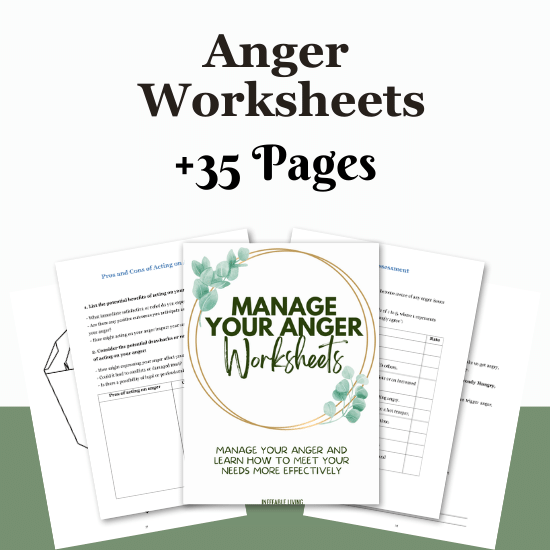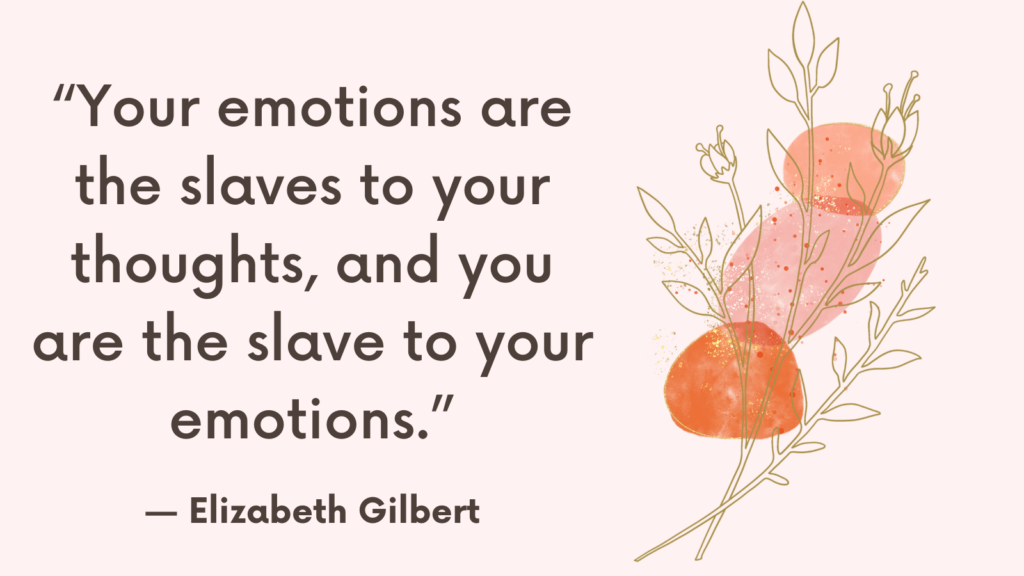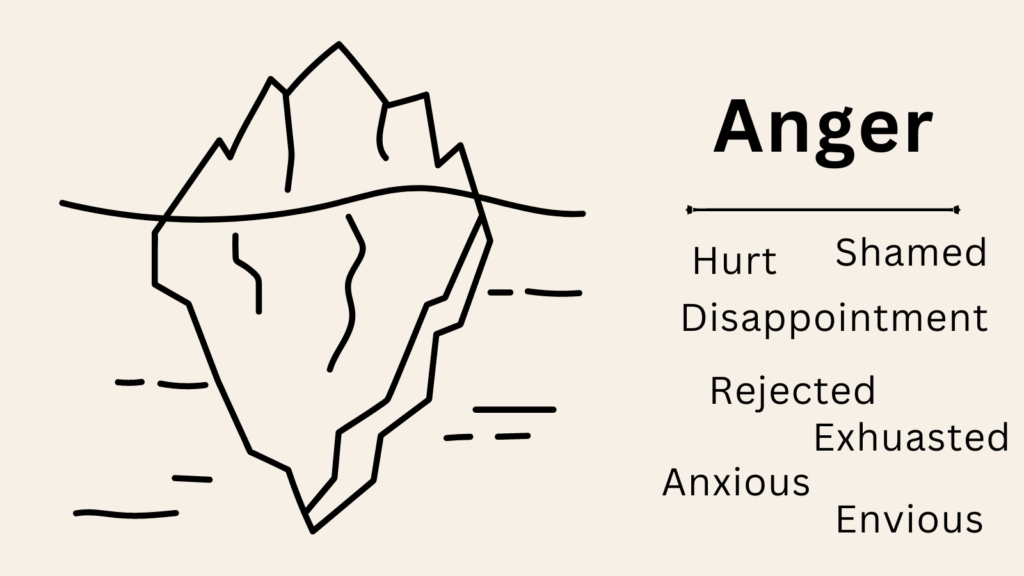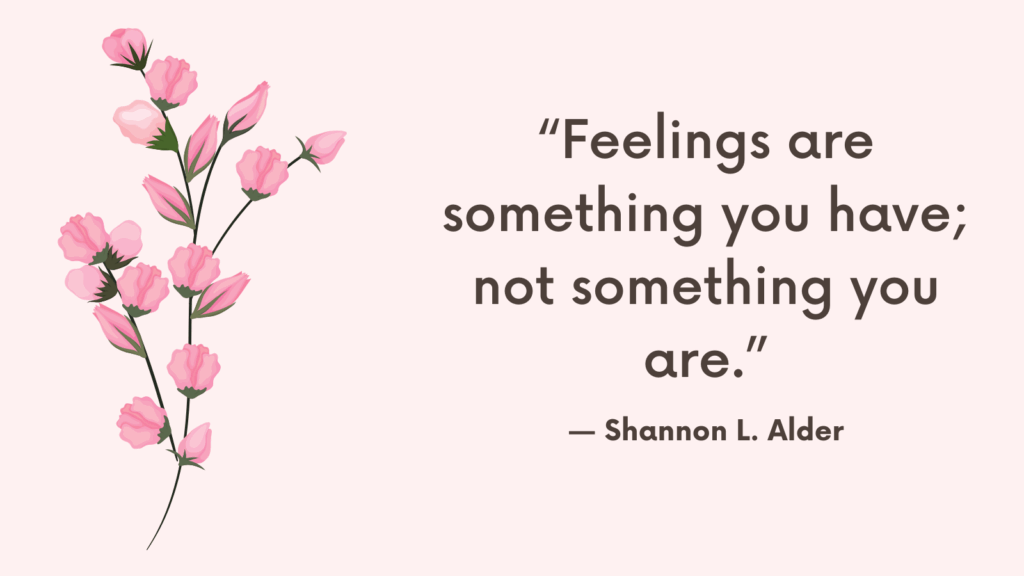Frustration intolerance, also known as low frustration tolerance, is the inability to cope with feelings of discomfort or stress.
It’s a common issue that can significantly impact one’s quality of life, relationships, and overall mental health.
In this blog post, we will explore the concept of frustration intolerance, its causes, symptoms, and practical exercises to help build patience and resilience.
What is Frustration Intolerance?
Frustration intolerance is characterized by a low threshold for frustration, meaning you get easily frustrated when things don’t go as expected.
It is essentially the inability to accept the gap between our expectations and reality.
When faced with stressful situations, individuals with low frustration tolerance may react with irritation, anger, or even aggression.
Related: Top 14 CBT Exercise For Anger Management (+FREE Anger Worksheets)
Causes of Frustration Intolerance
Frustration intolerance can stem from various factors, including:
1. Upbringing: Growing up in an overly protective environment can limit the development of coping mechanisms for dealing with discomfort and stress.
2. Past Traumatic Experiences: Experiencing trauma can lower one’s ability to tolerate frustration and stress.
3. Personality Traits: Certain personality traits, such as perfectionism, can contribute to frustration intolerance.
4. Mental Health Conditions: Conditions like Attention Deficit/Hyperactivity Disorder (ADHD) and anxiety disorders are often associated with low frustration tolerance.
Symptoms of Frustration Intolerance
Symptoms of frustration intolerance can manifest in various ways, including:
– Emotional Distress: Experiencing frequent feelings of anger, anxiety, or depression.
– Avoidance Behaviors: Avoiding situations that might cause frustration.
– Procrastination: Delaying tasks to avoid the discomfort associated with them.
– Substance Abuse: Using substances as a way to cope with feelings of discomfort.
– Relationship Issues: Quick to lash out at others, even those close to you.
Related: Anger Rumination: Top 10 Tips to Let Go
Measuring Frustration Intolerance
In 2005, British psychologist Neil Harrington developed the Frustration Discomfort Scale to measure how much different situations frustrate you. The scale includes 28 questions divided into four subscales:
1. Discomfort Intolerance: Measures how much you can’t stand daily hassles and how much you avoid these situations.
– Example statements: “I can’t stand having to do too many things I don’t feel like doing,” or “I need the easiest way of solving things.”
2. Entitlement: Measures how much you believe you should always get what you want without having to struggle.
– Example statements: “I can’t stand waiting for what I want,” or “I can’t stand being taken for granted.”
3. Emotional Intolerance: Measures the extent to which you find certain emotional states, such as anxiety or depression, intolerable.
– Example statements: “I can’t stand to feel emotionally out of control,” or “If things don’t change, there’s no way I can be happy.”
4. Achievement Frustration: Measures how much you can’t stand any form of failure, even small setbacks.
– Example statements: “I can’t lower my standards even if it would be convenient,” or “I can’t stand being unable to fulfill my potential.”
Related: Assertive Anger: What It Is & How to Practice It
Practical Exercises to Build Patience and Resilience
Frustration intolerance isn’t a fixed state. Here are four practical exercises to build your resilience by experiencing and dealing with frustration in a controlled way:
1. The Snail’s Pace Challenge
Exercise: Choose the longest, slowest line in the grocery store and stick with it, no matter how tempting it is to switch lines. Use this time to practice deep breathing and mindfulness. Observe your surroundings, the items in your cart, or the music playing overhead.
Benefit: This exercise helps you practice patience and mindfulness in a situation that typically induces frustration.
2. The Drip Torture
Exercise: Set a leaky tap to drip every few seconds and sit in the room with it. Resist the urge to get up and turn it off. Sit and listen to the repetitive sound. Notice your reaction to it. If your muscles are tense, do a round of progressive muscle relaxation.
Benefit: This exercise helps you build tolerance to minor irritations and learn to relax despite them.
Related: Top 10 Silent Anger Symptoms
3. Exercise the Zen Master Stare
Exercise: Choose a plain wall in your home and sit in front of it. Set a timer for 20 minutes. Your task is to do nothing but stare at the wall. No phone, no distractions, just you and the wall.
Benefit: This simple exercise challenges your ability to sit with your own thoughts without external stimulation, fostering mindfulness and patience.
4. The Fear-Facing Challenge
Exercise: Identify something that scares you or makes you uncomfortable but is safe. It could be anything from watching a scary movie, trying a new food, speaking to a stranger, or even taking a different route home.
Benefit: Facing your fears in small, controlled ways can help build resilience and reduce overall anxiety and frustration.
Related: Anger Iceberg: How to Use It (+FREE Anger Iceberg Worksheet PDF)
Additional Strategies to Manage Frustration Intolerance
Beyond these exercises, consider these additional strategies to manage frustration intolerance:
1. Cognitive Restructuring: Challenge and reframe negative thoughts that lead to frustration. Replace “I can’t stand this” with “This is difficult, but I can handle it.”
2. Mindfulness Meditation: Regular mindfulness practice can help you become more aware of your thoughts and feelings and less reactive to stress.
3. Physical Activity: Exercise can help reduce stress and improve your ability to cope with frustration.
4. Healthy Lifestyle: Ensure adequate sleep, a balanced diet, and regular relaxation to maintain overall well-being.

Conclusion
Frustration intolerance can significantly impact your life, but it is not a fixed trait.
By understanding its causes and symptoms and practicing exercises to build patience and resilience, you can improve your ability to cope with stress and discomfort.
Implement these strategies consistently to experience less distress and lead a more balanced, fulfilling life.
Remember, building tolerance takes time and effort, but the benefits to your mental health and relationships are well worth it.



